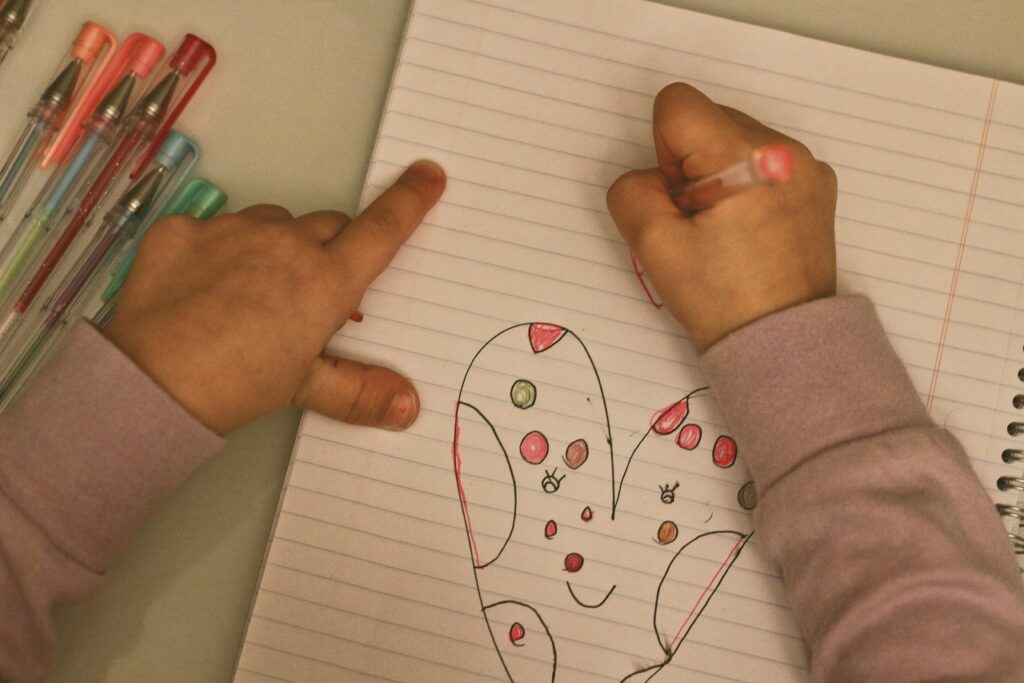EECERA Conference 2025 – Guest Blog # 4: Listening to Young Voices from the Margins
Posted 31st July 2025
One of a series of short blog posts by presenters who will be sharing their work at the upcoming annual conference in Bratislava, Slovakia. Any views expressed in this post are those of the author(s) and do not necessarily reflect the official stance of their affiliated institution or EECERA.
Listening to Young Voices from the Margins: What Bedouin Children Teach Us About ‘Home’
By Dr. Ibtisam Marey-Sarwan, Early Childhood Department, Sakhnin Academic College

For most of us, “home” evokes images of comfort, warmth, and stability. But what if home were a place under constant threat, physically, emotionally, and politically? What if the space meant to offer children safety and belonging instead signaled displacement, fear, and loss?
This question lies at the heart of my recent study, which I will present at the upcoming EECERA Conference. Conducted in collaboration with Dr. Or Perah Midbar Alter, our research explores how 25 Bedouin children aged 4–6, living in unrecognised villages (UVs) in Israel’s Naqab region, perceive and experience the concept of “home.” Using a child-centred methodology that combined drawing activities with narrative interviews, we invited children to share their perspectives in their own voices.
Our findings were both heart wrenching and illuminating. While children often drew idealised homes with multiple rooms, flowers, and cheerful colors, their stories painted a far more complex reality, one of socio-political precarity, housing insecurity, and emotional distress. Many children spoke of bulldozers, police raids, and demolished homes. Some even referred to law enforcement as “thieves” who took everything. The trauma associated with these experiences surfaced in dreams, in language, and in how the children related to space and safety.
Yet, amid the threats and instability, there were also powerful narratives of resilience. Family, nature, rituals, and even pets emerged as anchors of emotional security. The kitchen, for instance, featured prominently in children’s descriptions—not just as a room but as a site of connection, where they cooked with their mothers or shared meals with siblings. Nature, so often seen as hostile in Western narratives, was a source of familiarity, routine, and symbolic protection. These findings reaffirm that “home” is not merely a physical structure, but a cultural, emotional, and relational concept, shaped by context and lived experience.
From a theoretical perspective, this research draws on the context-informed approach and the new sociology of childhood, which together underscore the importance of recognising children as active meaning-makers embedded within social and political systems. It also engages with the concept of “unchilding,” coined by Professor Nadera Shalhoub-Kevorkian, to describe how structural violence deprives marginalised children of their basic rights to safety and dignity.
This project is part of my broader academic and activist commitment to listening to children, especially those whose voices are least heard in research and policy. As a Palestinian scholar working in early childhood education and research, I believe deeply in the power of children’s perspectives to inform educational practice, social policy, and public discourse.
Why does this matter for early childhood educators, policymakers, and researchers?
Because our definitions of “risk,” “care,” and “protection” must be re-examined when working with children in conflict-affected or marginalised contexts. Conventional approaches to child welfare often fail to address the structural and political dimensions of children’s lives. This research challenges us to move beyond deficit-based models and to develop culturally sensitive, community-informed strategies that center children’s lived experiences.
At EECERA, I look forward to discussing how participatory, visual, and narrative methods can meaningfully involve young children in research, without speaking for them or reducing their insights to data points. I also hope to connect with colleagues interested in decolonising childhood studies and amplifying children’s agency in the Global South.
Ultimately, this study is not just about Bedouin children in Israel. It speaks to a broader question that resonates across borders: How can we, as educators, researchers, and human beings, create spaces where every child feels at home?
About the author
Dr. Ibtisam Marey-Sarwan is Chair of the Early Childhood Department and a senior lecturer at Sakhnin Academic College and the Hebrew University of Jerusalem. Her research expertise lies in culture and risk among children, parents, and professionals, with a focus on child maltreatment and neglect. Using innovative qualitative methodologies, she explores socio-cultural and political contexts through ecological and critical theory, context-informed research, and a focus on hybridity and power relations. Her work bridges academia and practice, drawing from her extensive background in education and teacher development.
📧 Email: ibtisam.marey@mail.huji.ac.il; ibtisam.marey@sakhnin.ac.il
🔗 LinkedIn: [Insert your LinkedIn link here]
🌐 Google Scholar: https://scholar.google.com/citations?user=EP0vqNgAAAAJ&hl=iw&oi=ao
Research Gate: https://www.researchgate.net/profile/Ibtisam-Marey-Sarwan/research
Academia: https://independent.academia.edu/IbtisamMareySarwan
ORCID number 0000-0002-2660-0667
Dr. Ibtisam Marey-Sarwan will present work referred to in this blog in Symposium Set D (27th August). (Schedule liable to change; please refer to final programme for details).
